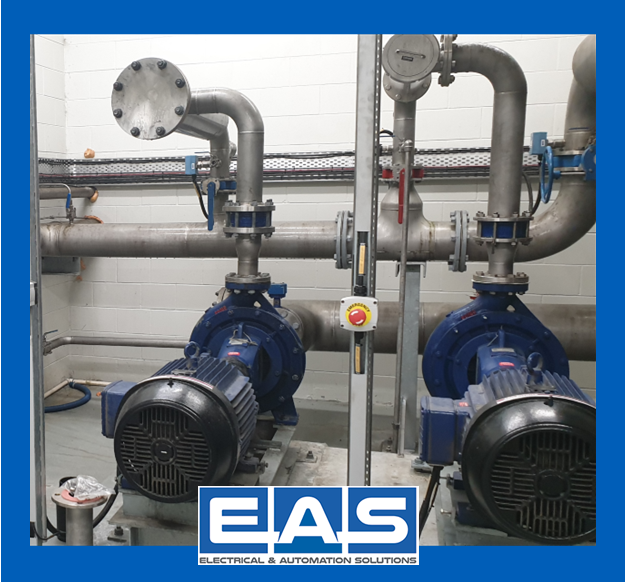Pump Troubleshooting

Industrial pumps are designed specifically for use in harsh or heavy-duty applications. They move a range of material types, including water, wastewater, chemicals, oil, sludges, slurries and food.
If correctly installed, they should operate for many years without issue. However as with any mechanical or electrical equipment, regular maintenance is the best defense against costly breakdowns.
Pumps should be checked and lubricated on a regular basis, and any unusual noises or equipment behaviour investigated.
Five key pump checks:
- Power Source
If the pump has stopped working, or is operating below expectation, it could be a power issue.- Check that the pump is receiving the correct power supply according to factory specifications to work properly.
- Ensure all electrical wiring is in good condition, with no loose connections and the electrical current is reaching the pump.
- If you have an air operated pump, make sure that the compressor is in good working order.
- If the pump is operating on mains supply, assess whether the mains electricity is stable or not. Surges and/or dips in supply can seriously affect pump performance.
- Sound
One of the first indications of an underperforming pump is the sound it makes. A change in sound can alert you to an issue with your pump or system. If you hear popping sounds, especially near the impeller, you could be experiencing cavitation. This occurs when there are pressure changes within a liquid, causing tiny pockets of air to form and then implode. This can seriously damage the pump, especially the impeller. Check if there are any signs of cavitation, such as eroded material. While the pump will produce a natural hum, it should not be making any strange noises. If it is, this indicates something is wrong. - Alignment & Leakage
Is the impeller aligned correctly and piping correctly installed? A properly installed pump system does not overly vibrate and shouldn’t generate excessive heat. If there is anything leaking from your pump or fittings, then this can indicate an issue with the pump. - Wear & Tear
General wear and tear will occur as the pump ages. If the pump has been operating for many years, it may need replacing. Check for visible signs of wear and tear such as residue or deposits in the system which have broken off the pump, pipe, valve or fitting interiors. - Factory Performance
You should be aware of how the pump is expected to operate. This will allow you to identify when the pump is not operating to factory specifications and may be starting to fail. Key indications could be not getting the head pressure or flow you think you should.
It can be a complex and time consuming process to figure out why your pump system isn’t working the way it should. Take the stress out of finding the issue by calling the experts at Electrical and Automation Solutions on 07 834 0505. We’ll help you get your system back to peak performance in no time.

Leave a Reply
Want to join the discussion?Feel free to contribute!